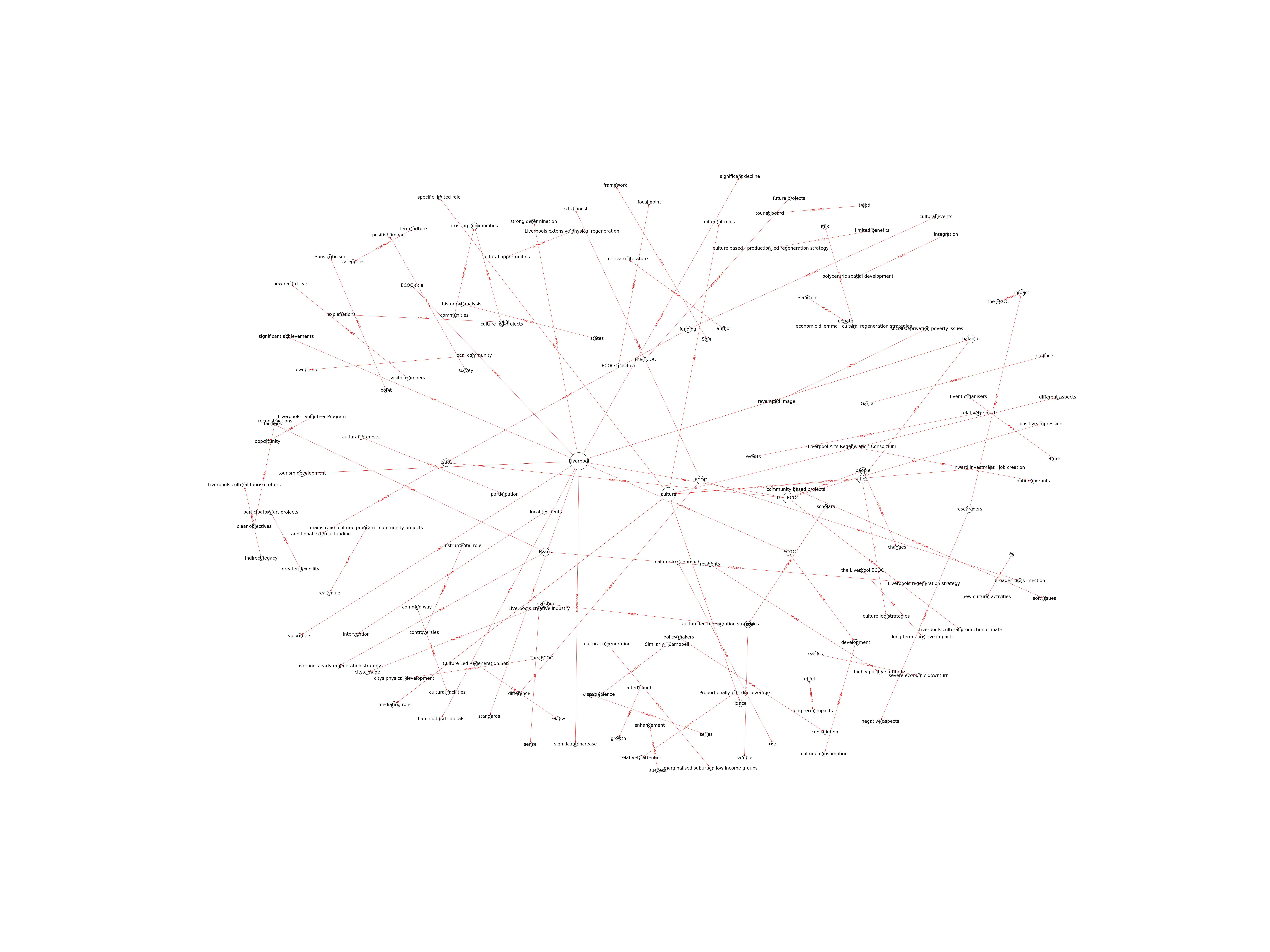| Id | 636 | |
| Author | Liu Y.-D. | |
| Title | Event and sustainable culture-led regeneration: Lessons from the 2008 European Capital of Culture, Liverpool | |
| Reference | Liu Y.-D.; Event and sustainable culture-led regeneration: Lessons from the 2008 European Capital of Culture, Liverpool ;Sustainability (Switzerland) vol:11 issue: 7.0 page: |
|
| Keywords | Culture-led regeneration; European Capital of Culture; Event; Liverpool; Sustainability |
|
| Link to article | https://www.scopus.com/inward/record.uri?eid=2-s2.0-85064046469&doi=10.3390%2fsu11071869&partnerID=40&md5=f652ff5013deceb7cdab5df7ee85a292 |
|
| Abstract | Culture-led regeneration has been widely accepted by European cities as an important component of urban renewal and sustainable development. However, the instrumental role of culture in urban regeneration has revealed several controversies. The study aims at contributing to the debate on urban cultural policy and management by answering two research questions: What are the key success factors for sustainable culture-led regeneration? How can cities strike a balance between the dilemmas of culture-led regeneration? Based on a case study of Liverpool as the 2008 European Capital of Culture, this research draws on long-term and multi-faceted data. The study period is from 2007 to 2018, with a view to tracking the long-term impact of event. Liverpools strategies for sustainable culture-led regeneration are investigated from three aspects: cultural funding dilemma, economic dilemma and spatial dilemma. The findings reveal that incorporating events in a citys long-term regeneration trajectory, continued support and enhancement of local cultural processes and structures, and highlighting community involvement and development are major factors to ensure the cultural sustainability of event. © 2019 by the authors. |
|
| Metodology | Technique |

Note: Due to lack of computing power, results have been previously created and saved in database


